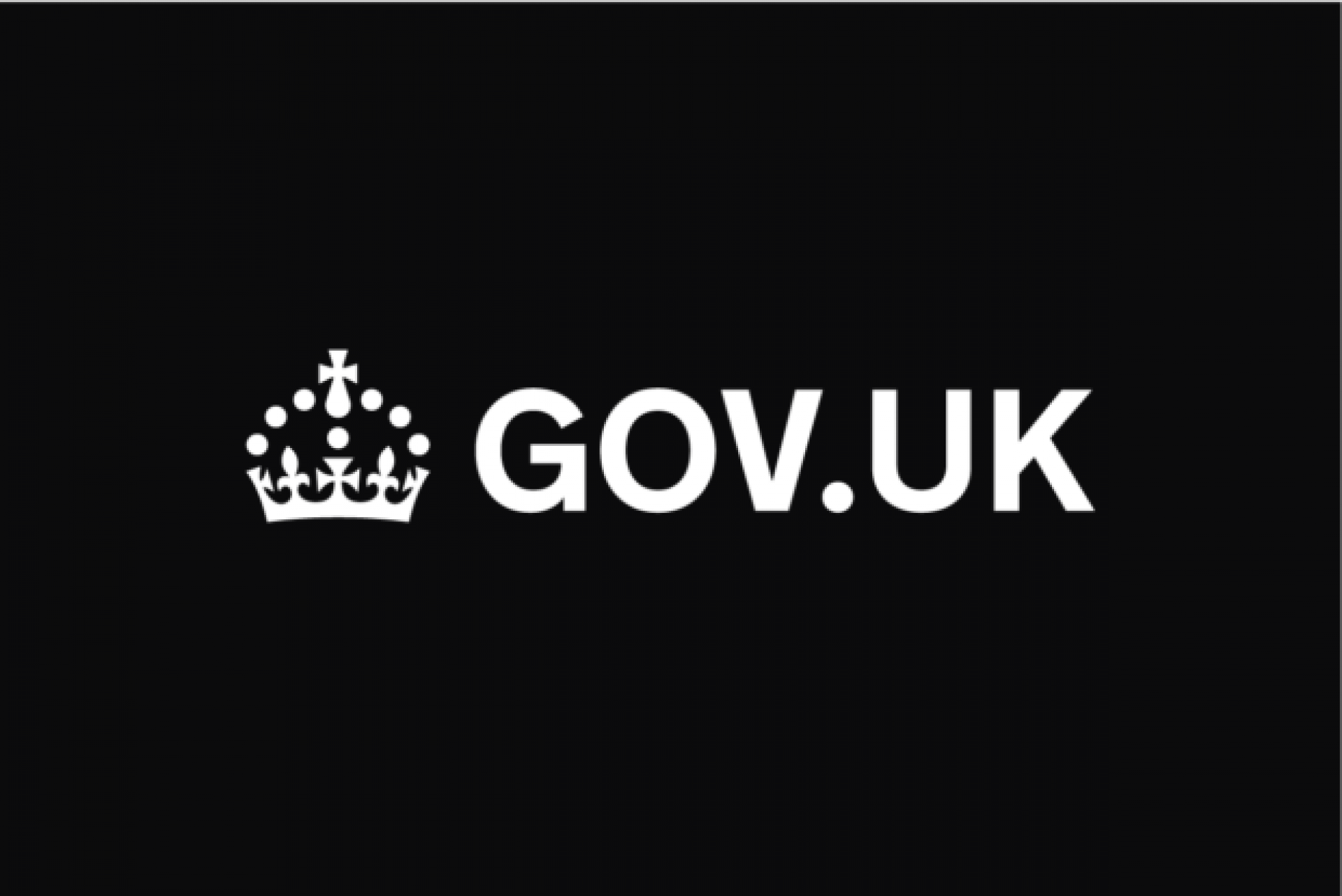What is the Renters' Rights Bill?
The government is proposing important changes to the private rental sector in England. At The Property Hive, we know that change can feel uncertain, which is why we're committed to keeping you informed and supported every step of the way.
We want to reassure you that you’re in experienced, capable hands, and you can feel confident knowing that we’re staying ahead of the changes and will be fully prepared to guide you through whatever comes next.
Why are the government proposing changes?
The reforms represent an effort by the Government to balance the perceived rights and responsibilities of tenants and landlords, and in their view, foster a fairer and more transparent private rental sector in England.
Similar reforms were implemented in Scotland and Wales in recent years.
Who is impacted by this?
The bill will impact all Assured Shorthold Tenancies (ASTs), including both new and existing tenancies. Therefore, this will apply to the majority of tenants renting properties in England.
When is this going to happen?
The bill has not yet been passed into law and is currently going through the parliamentary processes of consideration, debate and drafting. The government would like to implement it as soon as possible and has an aspiration for it to be in force by some time in 2025.
What reforms are the Government proposing?
Whilst the government has published a lot of information on the proposed Renters Rights Bill, not all of the details of how it will work in practice are available at this moment in time. However, here is a summary of what the reforms may to include.
Abolition of 'No-Fault' Evictions
The bill seeks to eliminate Section 21 'no-fault' evictions. This will be replaced with alternative specific reasons for terminating tenancies.
Reformed Grounds for Possession
To balance tenant protections with landlords' rights and give tenants more time to find a home, the bill proposes updated grounds for possession. Landlords would be able to regain possession of their properties under specific circumstances, such as intending to sell the property, moving in close family members, or addressing tenant rent arrears.
Remove Fixed-Term Tenancies
Instead of fixed-term tenancies of six or twelve months, all tenancies will be periodic, with tenants able to stay in their home until they decide to end the tenancy by giving 2 months’ notice.
Limitations on Rent Increases
The legislation aims to restrict rent increases to once per year, requiring landlords to provide at least two months' notice. Tenants would have the right to challenge rent hikes that exceed market rates through a Tribunal.
Prohibition of Rental Bidding
To promote fairness, the bill would ban landlords and letting agents from encouraging or accepting offers above the advertised rent, thereby preventing bidding wars among prospective tenants.
Right to Request Pets
Tenants would gain the right to request permission to keep pets, which landlords must consider and cannot unreasonably refuse. Landlords could require insurance to cover potential pet-related damages.
Anti-Discrimination Measures
The bill seeks to make it illegal for landlords to discriminate against prospective tenants based on their receipt of benefits or if they have children, ensuring a more inclusive rental market.
Establishment of a Landlord Redress Scheme
A new ombudsman service would be introduced, requiring all private landlords to join. This service aims to provide impartial and binding resolutions to tenant complaints, offering remedies such as apologies, information provision, remedial action, or compensation.
Creation of a Private Rented Sector Database
The bill proposes a comprehensive database to consolidate essential information for landlords, tenants, and local authorities. This resource is designed to help tenants make informed decisions, assist landlords in understanding and demonstrating compliance with legal obligations, and enable councils to target enforcement efforts effectively.
Introduction of a Decent Homes Standard
A legal standard for property conditions would be established, empowering local authorities to enforce compliance and ensure rental properties are safe and well-maintained. This includes setting timelines for landlords to address serious hazards and providing tenants with avenues to challenge unsafe living conditions.
Enhanced Enforcement Powers
The bill aims to strengthen local authorities' enforcement capabilities by expanding the use of rent repayment orders, increasing financial penalties for non-compliance, and mandating regular reporting on enforcement activities. Additionally, it proposes the appointment of a lead enforcement authority to provide guidance and ensure consistent application of regulations across regions.
End Rent in Advance
The Renters’ Rights Bill will end the practice of landlords demanding large amounts of rent in advance from tenants looking to secure a tenancy.
Will these reforms make it more difficult to rent a property?
Many of the proposed changes will not have much of an impact on responsible tenants or landlords. However, the proposed changes, combined with other economic and regulatory factors, are putting pressure on an already challenged private rental sector, which is already finding it difficult to attract landlords to invest in providing homes for private tenants.
At The Property Hive, we understand that change can bring uncertainty, and we want you to know that we’re here for you every step of the way. As more details become available, we’ll continue to support and guide you through these changes.
If you have any questions or simply want to chat things through, don’t hesitate to give our friendly property experts a call on 01302 247754.










